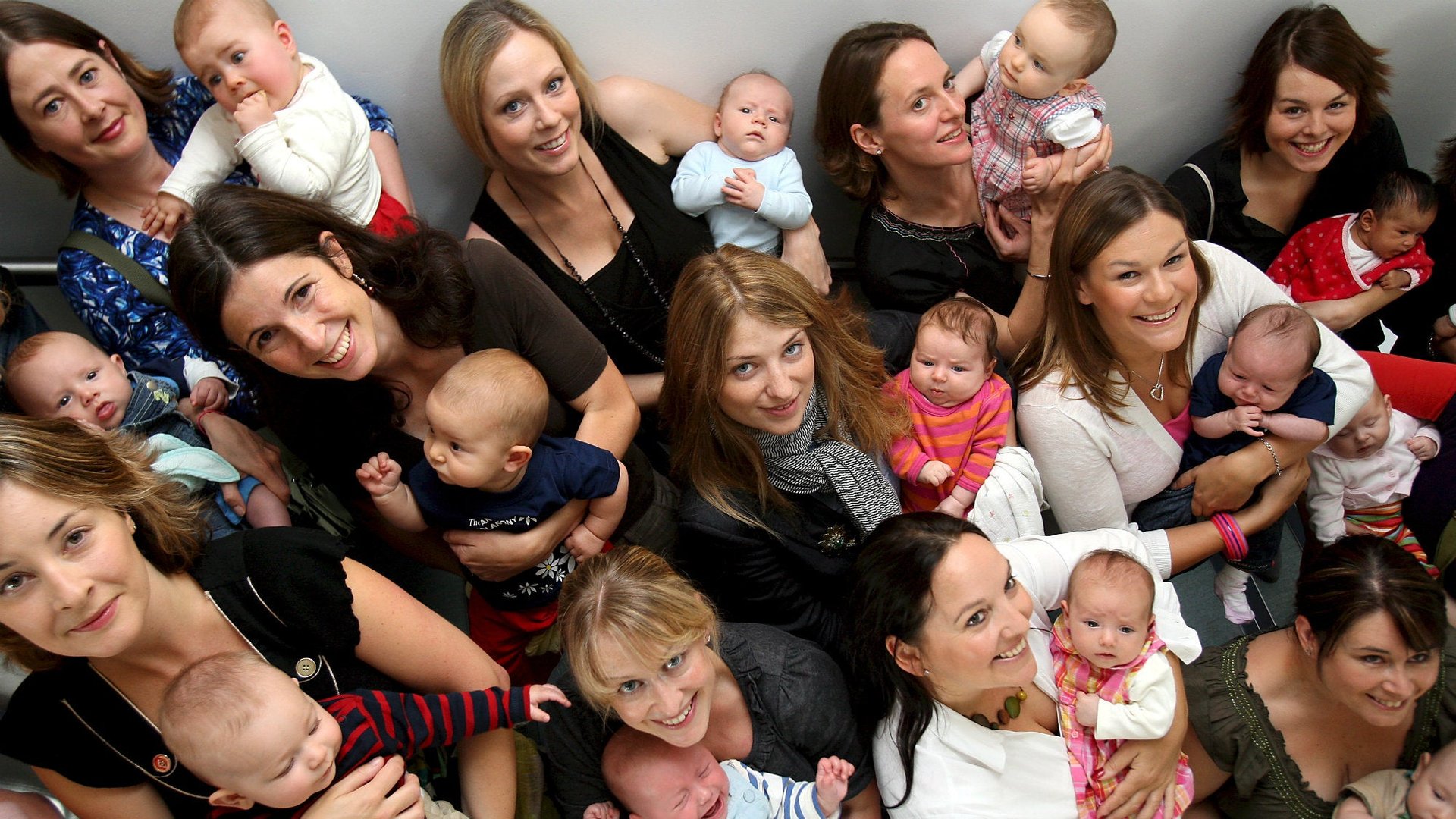One in four babies in Britain is born to a foreign mother. This is where they come from
Immigration to the UK recently hit a new record, with a net 330,000 migrants coming to the country in the year to March. Britain’s relatively strong, open economy has long been attractive for immigrants, and the expansion of the European Union to poorer countries in the east has also made it easier for more people to move to the UK. (Citizens of EU countries are free to live and work in any other member state in the bloc.)


Immigration to the UK recently hit a new record, with a net 330,000 migrants coming to the country in the year to March. Britain’s relatively strong, open economy has long been attractive for immigrants, and the expansion of the European Union to poorer countries in the east has also made it easier for more people to move to the UK. (Citizens of EU countries are free to live and work in any other member state in the bloc.)
For instance, the ranks of Romanians and Bulgarians settling in the UK has nearly doubled over the past year. Overall, immigration to the UK from elsewhere the EU is fast catching up to inflows from non-EU countries:
When immigrants are settled, and decide they like their new home, children often follow. Around a quarter of babies born in England and Wales last year were to foreign-born mothers.
For many years, these mothers mostly came from the Commonwealth—notably, India and Pakistan. Now, the rankings tilt more towards eastern Europe.
The influx of Poles to Britain after their country joined the EU in 2004 is striking in the birth statistics. The annual number of Polish-born women having babies in England didn’t rank in the top 10 back in 2004, but a decade later it leapt to the top of the list, with more than 22,000 children born to Polish mothers last year. More recently, Romanian and Lithuanian mothers have also broken into the top 10:
Prime minister David Cameron has pledged to cut annual net migration to the “tens of thousands,” which on current evidence isn’t going so well. He also wants to renegotiate Britain’s relationship with the EU, particularly when it comes to the unfettered movement of people within the bloc. Although these policies may seem like vote-winners now, the country is changing in a way that suggests the population might not be so receptive to an anti-immigration message in the future.